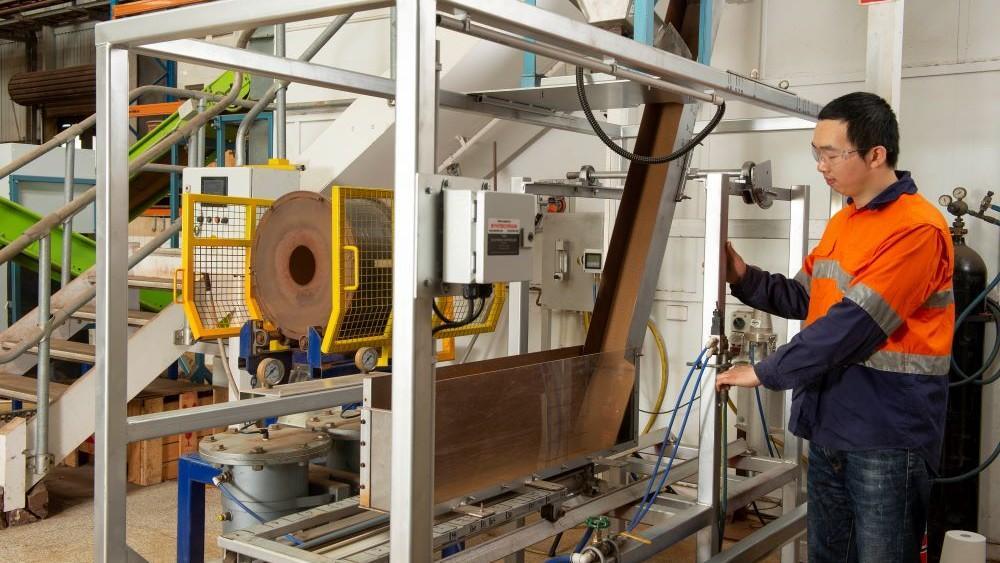March 31, 2022
New project underway on sintering of contemporary raw materials blends for ironmaking
A new industry-academia collaborative project has commenced within the Steel Research Hub (University of Wollongong) bringing BlueScope Steel and the University of Newcastle (UoN) together to work on a critical area of ironmaking research.
The project, “Sintering of Contemporary Raw Materials Blends for Ironmaking” will extend current understanding of the iron ore granulation process and propose a predictive framework capable of assessing ore blends, including the addition of ultrafine concentrates.
To design a suitable raw material blend that meets the required chemistry and physical properties for successful blast furnace operation, non-traditional ore sources such as beneficiated hematite fines or magnetite fines may prove to be an attractive option. This project will assess the operational feasibility with contemporary iron ores as well as possible adjuncts including concentrates.
From an operational perspective, it would be desirable to predict sinter quality from the raw material characteristics, but the current understanding of iron ore fines precludes such predictions. The UoN Centre for Ironmaking Material Research (CIMR) is equipped with the facilities necessary for testing the required granulation and sintering parameters, including granulation drum, permeability rig and milli-pot sintering rig.
The key expected outcome of the project will be to develop a sound methodology for optimizing the granulation process on a bed-by-bed basis within the operational constraints of BlueScope’s Sinter Plant without recourse to addition of costly additives including burnt lime.
The project team consists of UoN’s Project Leader and Chief Investigator Associate Professor Tom Honeyands, Dr Subhasish Mitra, and Postdoctoral Research Fellow, Dr Tosin Aladejebi, in collaboration with BlueScope’s Partner Investigators, Dr David Pinson and Dr Sheng Chew.
